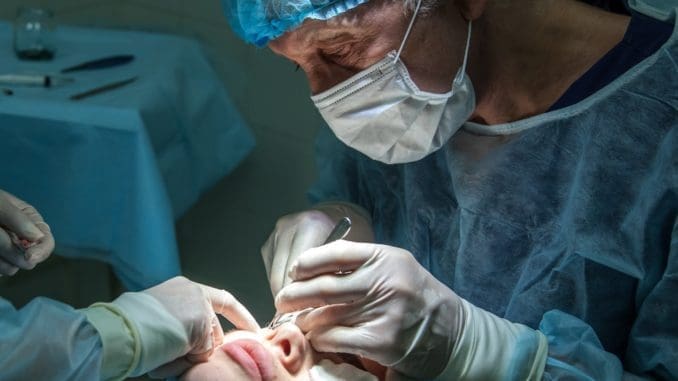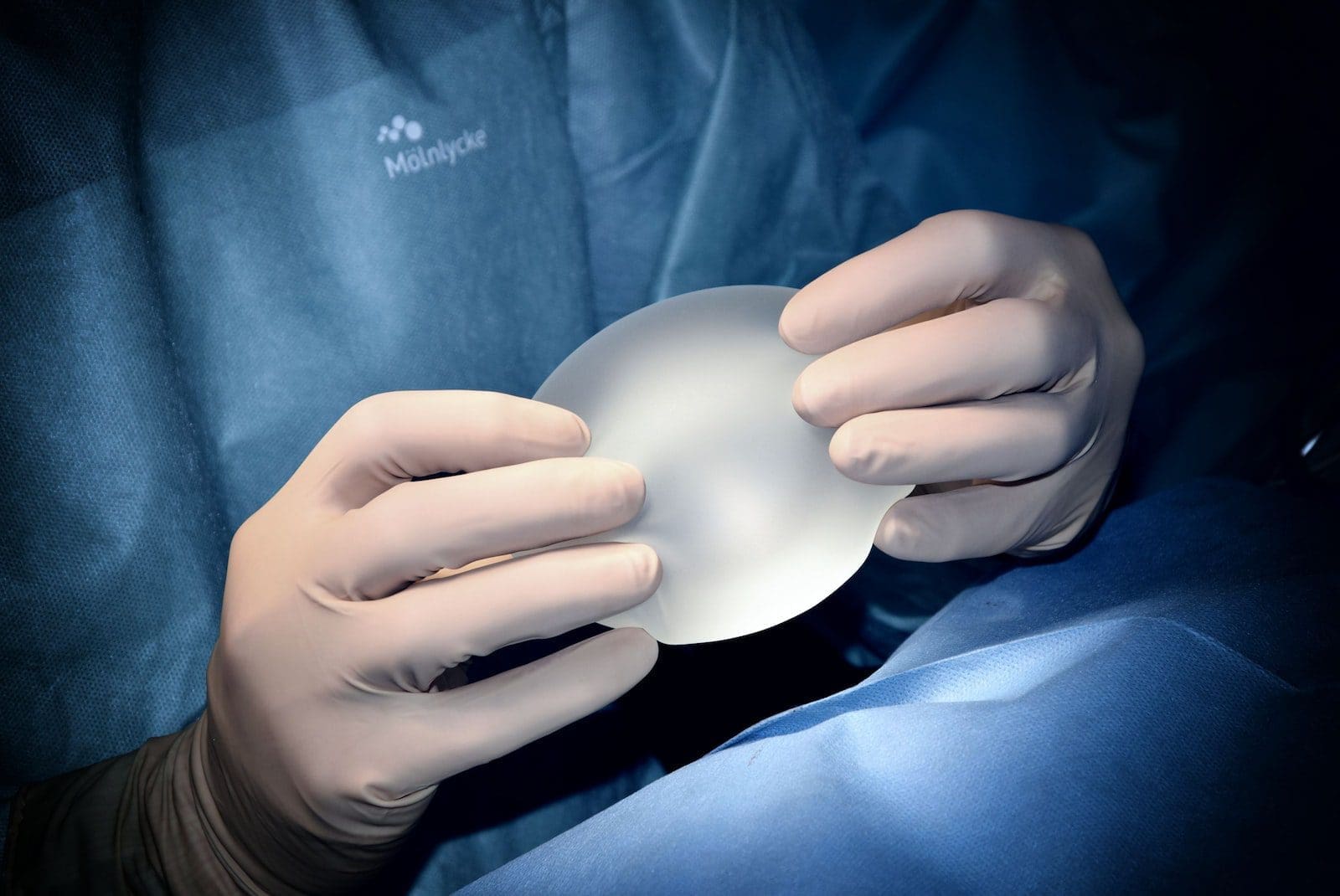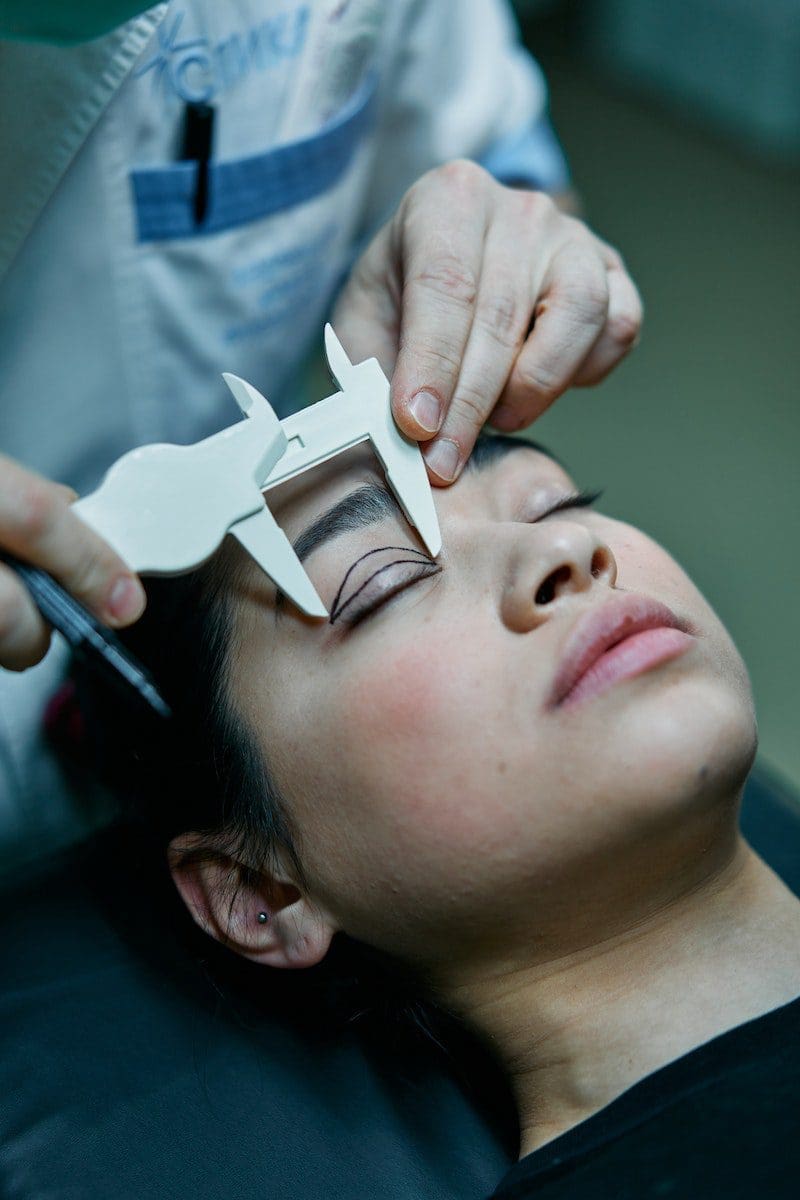
By Michael Saul, Partner at Cosmetic Surgery Solicitors
Plastic surgery addiction is a behavioral condition characterized by the compulsive need to constantly alter one’s appearance through plastic surgery. With this illness, a patient may wind up shelling out thousands of dollars for various procedures, none of which are sure to make them happier in the long run.
An individual’s self-consciousness is typically the cause of their desire for plastic surgery. It’s typical to experience this occasionally, but it can lead to a severe problem when a person’s unease around their appearance develops into an obsession, and plastic surgery takes precedence in their lives.
Like any other addiction, plastic surgery addiction begins with a pleasurable initial experience. Some people will get as many surgeries as they can afford if they believe plastic surgery solves their low self-esteem. A person with severe insecurity may elect to have another procedure to address a different “flaw” if they feel better about their appearance after the first one. Some plastic surgery addicts go so far as to try to change themselves so they resemble someone else, such as a celebrity they idolize.
Eventually, a person could begin to organize their life around upcoming treatments and come to rely on cosmetic surgery for their self-esteem. Once they adopt this perspective, they will probably grow reliant on the operations and be unable to stop. Even if surgeons turn them down for surgery, they could find less qualified medical staff to perform riskier procedures.
What are the risks of plastic surgery?
Plastic surgery typically aims to improve and enhance a specific feature. Therefore, the purpose of plastic surgery is to boost a person’s self-esteem and perception of beauty. Most plastic surgery procedures are pointless from a medical standpoint, but others, including rhinoplasty and cleft palate correction, can be recommended by a doctor. Except for the risks associated with any medical procedure, there is nothing fundamentally wrong with plastic surgery as long as the doctor is skilled and the patient has realistic expectations.
One plastic surgery procedure might produce a desirable outcome, but numerous procedures might have undesired effects. Among the dangers of cosmetic surgery are:
- Blood clots
- Scars, bruises, and swelling
- Collapsed muscles
- Excessive bleeding
- Nerve damage
- Tissue death
- Infections, including pneumonia
- Anesthesia risks (including shock, respiratory failure, allergy, and cardiac arrest)
Plastic surgery is often a decision that people regret if they are dissatisfied with the final results. Patients may need additional operations to address earlier ones in particular addiction scenarios. Even when done correctly, many operations may have an unusual and unnatural overall appearance.
Getting a recommendation for a Medical Cosmetic Clinic from someone you trust is one of the best ways of fining a reputable establishment. Just by observing the appearance of your relative or friend, you can tell how effective the treatment to expect from the clinic he or she went to. The great thing about asking for a recommendation is you may also obtain information from someone who has been to the place.
Getting help
There are treatment facilities throughout the country that offer to counsel and help to beat an addiction to cosmetic surgery. In particular, cognitive behavioral therapy may help recovering addicts understand how their body dysmorphic disorder affects their addiction and overcome the compulsively poor self-esteem that results from the disorder.
Cosmetic surgery shouldn’t rule anyone’s life. For further information on what to do and where to go, please contact your GP immediately if you or someone you know suffers from a plastic surgery addiction.

Be the first to comment